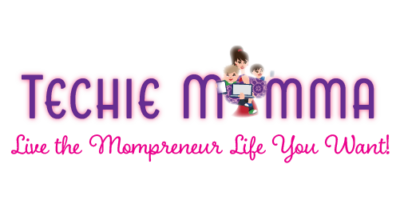Early childhood education lays the foundation for a future of learning and success. Experts say a child’s formative years are particularly influential in shaping cognitive, social, and emotional development. The skills learned here will be needed in high school, through to college, and finally into adulthood. Although America’s early childhood enrollment rate for 3-year-olds is 40% and considered low, it still is a good starting point to get kids ready for school. Here are three significant benefits of early childhood education with an emphasis on how it helps shape well-rounded individuals.
Cognitive development
Cognitive development is a critical stage in a child’s life because that is the period the brain undergoes rapid growth and development. It occurs with the help of increased neural connections in the brain that form the foundation for future learning. Some early childhood education centers capitalize on this period to stimulate a child’s mind and make it more receptive to learning using specifically designed programs. These are usually planned around problem-solving, critical thinking, and language acquisition. Children enrolled in such programs tend to have heightened exploration skills because of the education they are exposed to. You will also realize that many early childhood learning programs focus on fine and gross motor skills and enhanced spatial awareness. All these carefully designed early programs build a solid foundation for mathematical and scientific reasoning. The more young children are helped during the rapid cognitive development stage, the better they are at absorbing and processing information.
Social and emotional development
Aside from the concentration on academic skills, helping children develop socially and emotionally is important. That is what many early childhood education centers hope to achieve in addition to the core functions of their programs. Interactions with peers and educators create a supportive environment where kids develop essential skills like empathy, communication, and cooperation. As children transition into adulthood, they will understand that these skills form the basis for healthy relationships and emotional well-being. It’s worth noting that daycare services often play an integral role at this stage of a child’s life. These young kids have the opportunity to engage in structured play and collaborative activities. Supervised group interactions also foster a sense of belonging as children are guided to navigate social situations positively. Experienced early childhood educators say such environments prepare kids for future educational settings and more.
Long-term educational success
There has been an ongoing debate on this point, and some schools of thought believe it is flawed in certain aspects. However, years of educational research and monitoring have proven that children enrolled in high-quality early education programs graduate high school and often have an interest in pursuing higher education. A www.ffyf.org survey indicated that children with quality early childhood education have an 8.1% reduced likelihood of special educational placement. They are also less likely to experience grade repetitions all the way to high school.
Every child deserves a strong foundation to set them on a positive educational trajectory, and an early start can be that launchpad.


 BY TECHIE MAMMA
BY TECHIE MAMMA